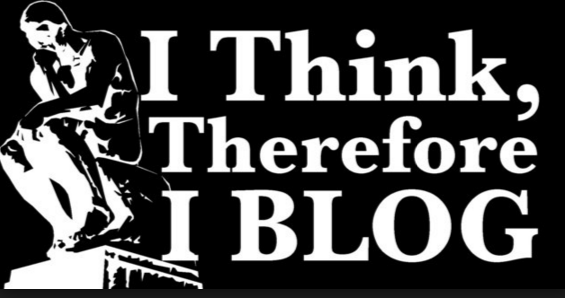
As the amount of social networking sites have increased, individuals have more platforms to interact with each other over. Costa and Torres however, claim that this has provided users with the ability to reconstruct their personas or even develop multiple personas online.[1] Nevertheless, is this ability to create and possess multiple online identities necessarily a good thing?
Positives
With job recruiters increasingly checking the social media profiles of existing and prospective employees,[2] creating multiple online identities enables you to control your Digital Footprint and therefore what information can be found out about you online.[3] It allows you to use the web for both professional and recreational purposes without the two ever having to mix, thus preventing further problems.
Multiple online identities also forms as a method of protection from online identity theft. There is less chance of your identity being cloned as personal information that is available about you online is fragmented and exists in several different places.
Additionally, it grants users a certain degree of anonymity, which can aid the flow of creative ideas as well as the production of more critical discussion. This aspect to free speech has long been established as an important element to modern society as it has been infamously noted that, ‘protections for anonymous speech are vital to democratic discourse’.[4]
Negatives
Conversely, the increased anonymity granted by multiple online identities also plays an instrumental role in the occurrence of the Online Disinhibition Effect, identified by Suler as a contributing factor to people being more hostile online.[5] This can result in cyber-bullying and produces a reduced scope for individuals to be held accountable for their actions. The advantages and disadvantages of anonymity online are discussed further in the video below.
A disconnected image of yourself being portrayed online can cause people to question the authenticity of your online presence and subsequent interactions which you make.[6] Online identity fragmentation reduces your credibility as well as suggesting to others that you may be up to illegitimate activities.
Lastly, it also provides fertile grounds for Online Deception,[7]whereby users are never truly aware as to whom they are interacting with. This reduces the safety of the Internet and is an ever more prevalent issue since programmes such as ‘Catfish’ have surfaced.
These are but a few of the compelling arguments which can be raised for and against possessing more than one online identity, however one thing which remains clear is that our online identities are a focal part to modern society. However, I put it to you, how many versions of you exist online and why?
Word Count: 427
REFERENCES
[1] Cristina Costa and Ricardo Torres, ‘To be or not to be, the importance of Digital Identity in the networked society (2011), [49].
[2] Philip Landau, ‘Job applications: social media profiles under scrutiny’ (The Guardian, December 2013) < http://www.theguardian.com/money/work-blog/2013/dec/11/job-applications-social-media-profiles-scrutiny > accessed 24th February 2016.
Recruitment Grapevine, ‘55% of employers reject candidates after social media search'(September 2014) accessed 24th February 2016.
[3] Internet Society, Manage Your Identity , http://www.internetsociety.org/manage-your-identity accessed 24th February 2016.
[4] McIntyre v. Ohio Elections Comm’n, 514 U.S. 334 (1995).
[5] John Suler, ‘The Online Disinhibition Effect’ (2004) CyberPsychology & Behaviour 7(3) 321, [322].
YouTube, CiviliNation Academy- The Online Disinhibition Effect, accessed 25th February 2016.
YouTube, CiviliNation Academy- Anonymity and Pseudonymity Online, accessed 25th February 2016.
[6] Aleks Krotoski, ‘Online identity: is authenticity or anonymity more important? (The Guardian, April 2012) < http://www.theguardian.com/technology/2012/apr/19/online-identity-authenticity-anonymity> accessed 25th February 2016.
[7] Michail Tsikerdekis and Sherli Zeadally, ‘ Detecting and Preventing Online Identity Deception in Social Networking Services’ (2015) IEEE Internet Computing 19(3).
